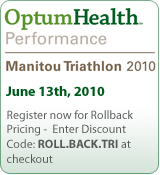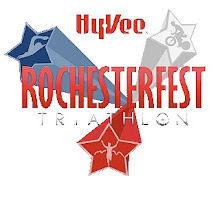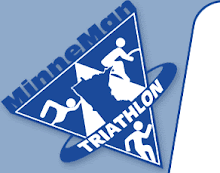
By Lee Gardner & Walter F. DeNino (for usatriathlon.org)
As the racing season is about to start, you may want to consider what worked and what did not from the season past. One of the most common training errors we see athletes make is to overtrain. As such, we think it is a perfect time to explore the topic of overtraining and how it might be detected before it's too late. After all, that's the key: avoiding overtraining in the first place. Triathletes, by nature, are a hard-working and highly motivated group of people. Independent of talent, far too many athletes incorrectly think that relentlessly increasing training volume and intensity will lead to improved results. More is better, right?
What many find, eventually, is that the body can only handle so much training. At some point, fatigue sets in and it's very difficult to recover from this fatigue. In European academic circles of sport science, a vocabulary a bit different from ours has coined the terms "over-reaching" (overtraining), functional over-reaching (FOR), non-function over-reaching (NFOR) and overtraining syndrome (OTS). As you can probably guess, these terms represent a spectrum of increasing fatigue. Functional over-reaching or "FOR" is what the athlete should be doing during the training process, that is applying varying dosages of stress followed by recovery, hence functional. READ




































